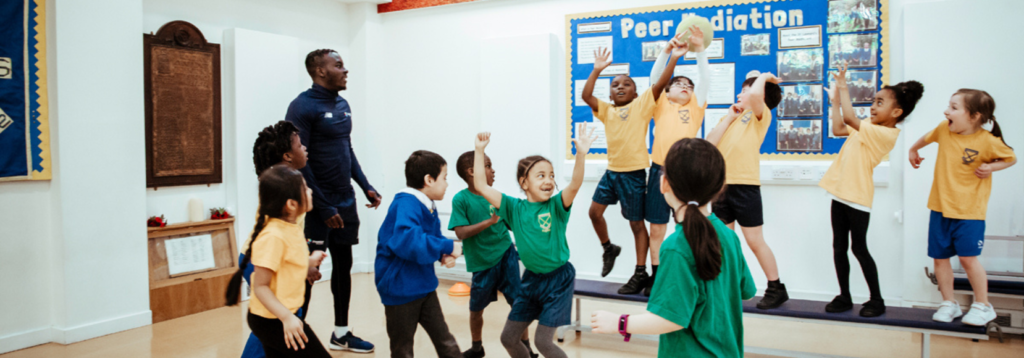Extracurricular activities play a vital role in the holistic development of individuals, especially young people, by providing a unique platform to cultivate leadership and teamwork skills beyond the traditional classroom setting. These activities, which include sports, clubs, volunteer work, performing arts, and academic societies, offer much more than mere leisure or hobby opportunities they foster essential qualities that prepare individuals for future personal and professional success. One of the most significant benefits of participating in extracurricular activities is the development of leadership skills. Through taking on roles such as team captain, club president, or project leader, individuals learn how to motivate peers, make decisions under pressure, and manage responsibilities effectively. These leadership experiences encourage self-confidence and improve communication abilities, enabling young people to articulate ideas clearly and inspire those around them. Moreover, they learn to navigate challenges, handle conflicts, and balance competing priorities, which are critical competencies for any leadership position. Alongside leadership, teamwork skills are profoundly enhanced through extracurricular involvement.

Many activities, especially team sports, group projects, or ensemble performances, require individuals to collaborate closely with others toward a shared goal. This collaboration teaches the value of cooperation, compromise, and mutual respect. Participants understand that success often depends on the collective effort rather than individual talent alone. They learn to listen actively, share responsibilities, and support teammates during both triumphs and setbacks. These experiences help build empathy and social awareness, which are indispensable in diverse work and social environments. Furthermore, extraescolares provide a safe environment to practice resilience and adaptability. In competitive sports or performing arts, setbacks such as losses or mistakes are common, but participants are encouraged to learn from these experiences rather than be discouraged. This mindset of perseverance builds emotional strength and teaches individuals to approach challenges with a growth perspective. Such resilience is closely tied to effective teamwork and leadership, as setbacks often require leaders and teams to regroup and innovate together. Beyond these interpersonal benefits, extracurricular activities often expose individuals to diverse groups of people, fostering inclusivity and cultural awareness.
Working with peers from various backgrounds helps participants appreciate different perspectives and develop open-mindedness. These experiences nurture global citizenship and prepare young people to work in increasingly multicultural environments. Importantly, involvement in extracurricular activities can enhance academic and career prospects. Colleges and employers highly value candidates who demonstrate leadership and teamwork outside the classroom, viewing these skills as indicators of initiative, responsibility, and the ability to thrive in collaborative settings. Participation in such activities often provides practical experiences that complement academic knowledge, bridging theory with real-world application. In conclusion, extracurricular activities are much more than supplementary pastimes they are powerful avenues for leadership development and the cultivation of teamwork skills. By engaging in these activities, individuals gain confidence, learn to communicate effectively, collaborate harmoniously, and build resilience qualities that serve as foundations for lifelong success. Encouraging young people to participate in extracurricular pursuits thus plays a crucial role in shaping well-rounded, capable leaders and team players equipped to face the complexities of the future.